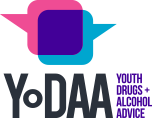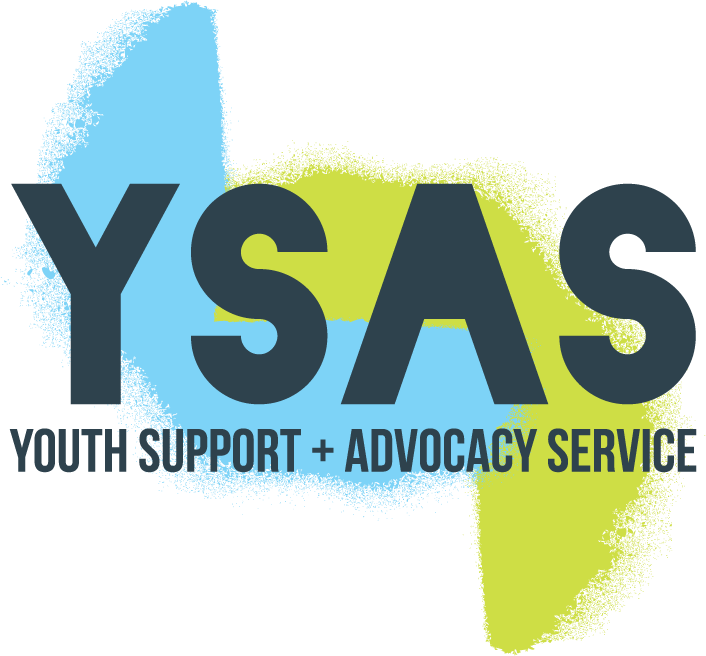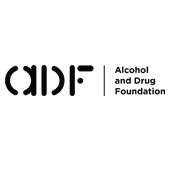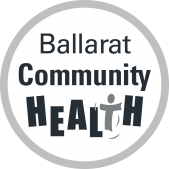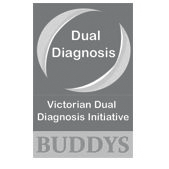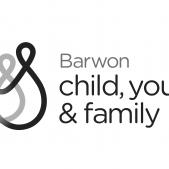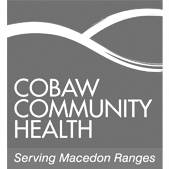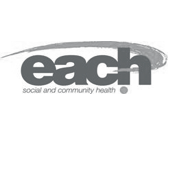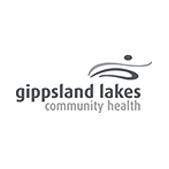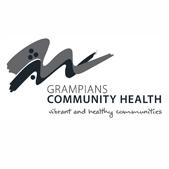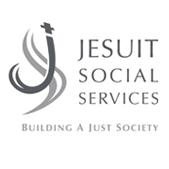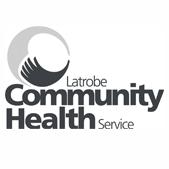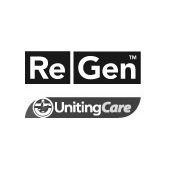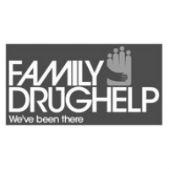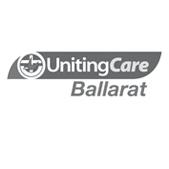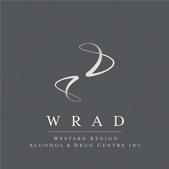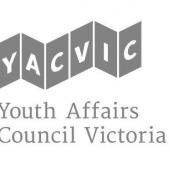Youth AOD Work
Strength-based screening and assessment
As one of the characteristics of effective Youth AOD work, we often talk about strength-based approaches but how is this applied to screening and assessment?
Adding one question to the end of an assessment that asks a young person “what are your strengths?” does not make an assessment strength-based. Instead careful attention to the questions asked (or tool) as well as the process and style of assessment can help elicit information about a young person's resources and strengths’ and their capacity to overcome difficulties. In addition, carefully selected questions that help a young person identify strengths and resources can aid the development of competent identity turning assessment into a therapeutic process in itself.
In contrast, if not done well, screening and assessment can lead to a list of problems or pathologies. In this instance, assessment can emphasise a problematic world view and one where a young person experiences themselves as a collection of issues to be addressed.
To avoid this, strength based assessments
- Adopt open ended questions and a style that lets a young person describe their circumstances with no presumption of deficits.
- Assumes a young person has some resources and capacity to address problems. The job of the assessor is to recognise and elicit these.
- Counter problem based world views often held by young people by looking for examples when a young person demonstrates strengths or resourcefulness in the face of problems. For example “You have said you are homeless at the moment, what skills or strategies do you use to make sure you have somewhere to sleep each night?”
- Asks about when times are/were good, and explores the circumstances and resources a young person has and uses at these times.
- Uses positive language in questions where possible.
Applying these practices will help ensure screening and assessment is strength-based.
